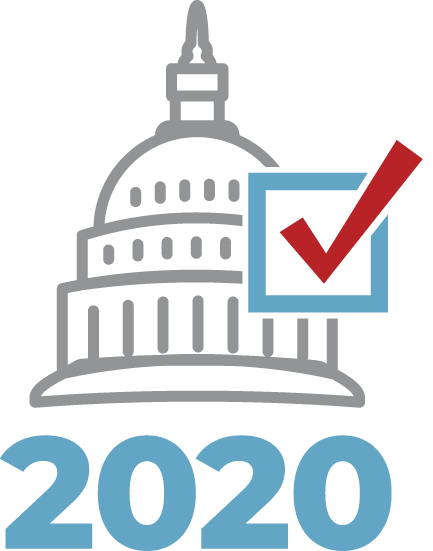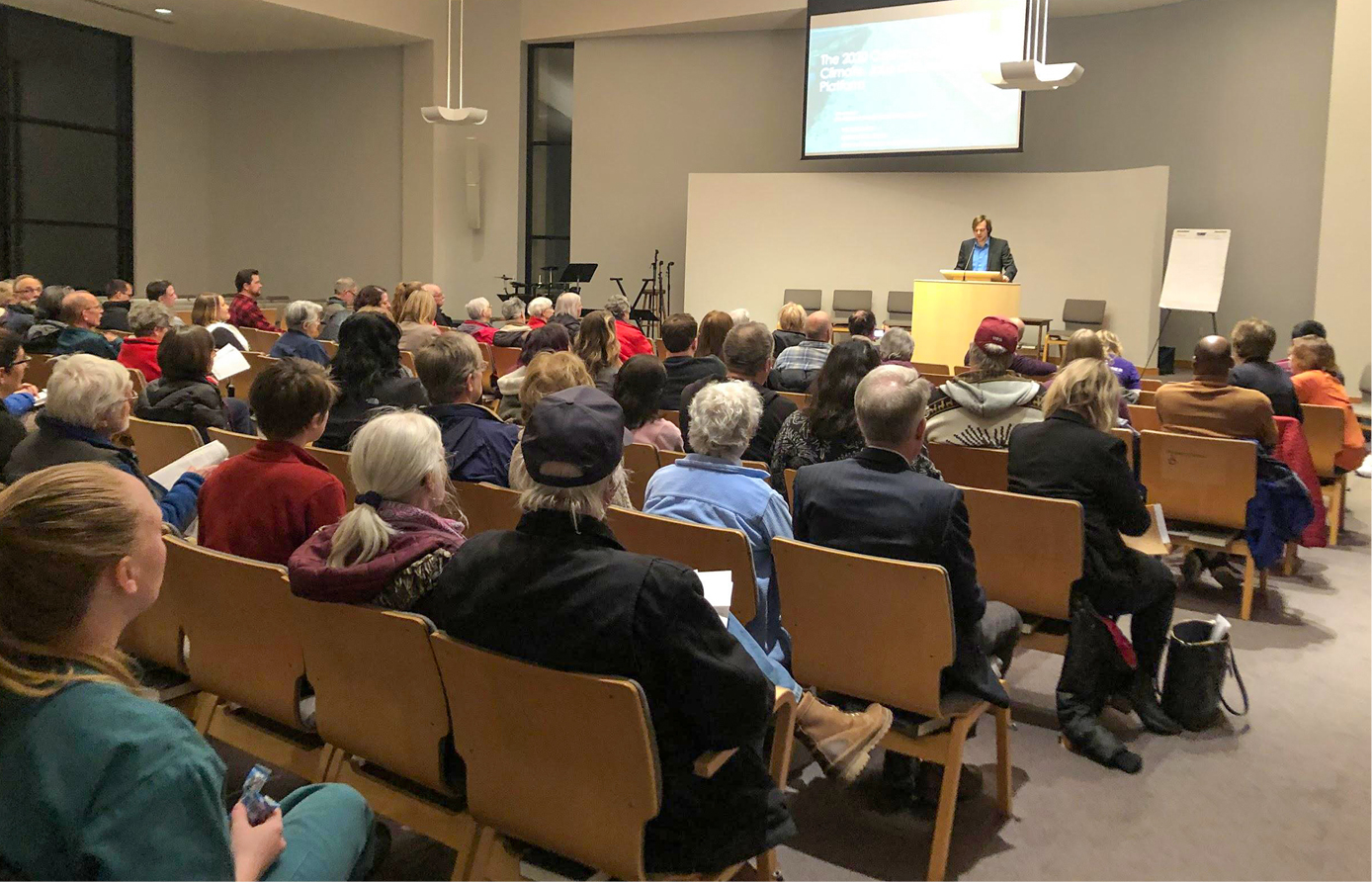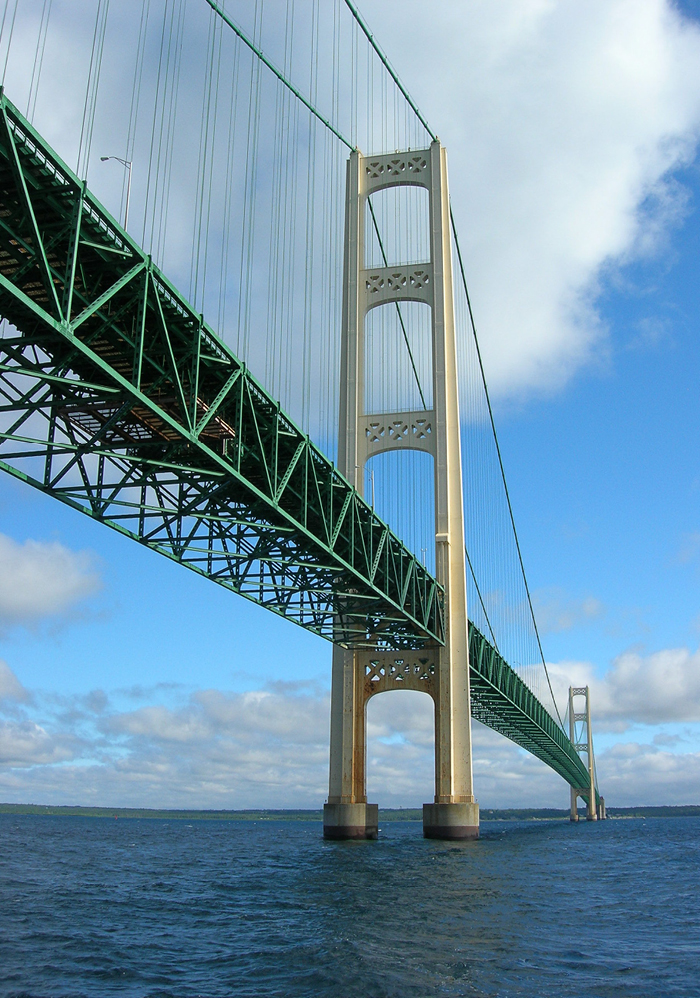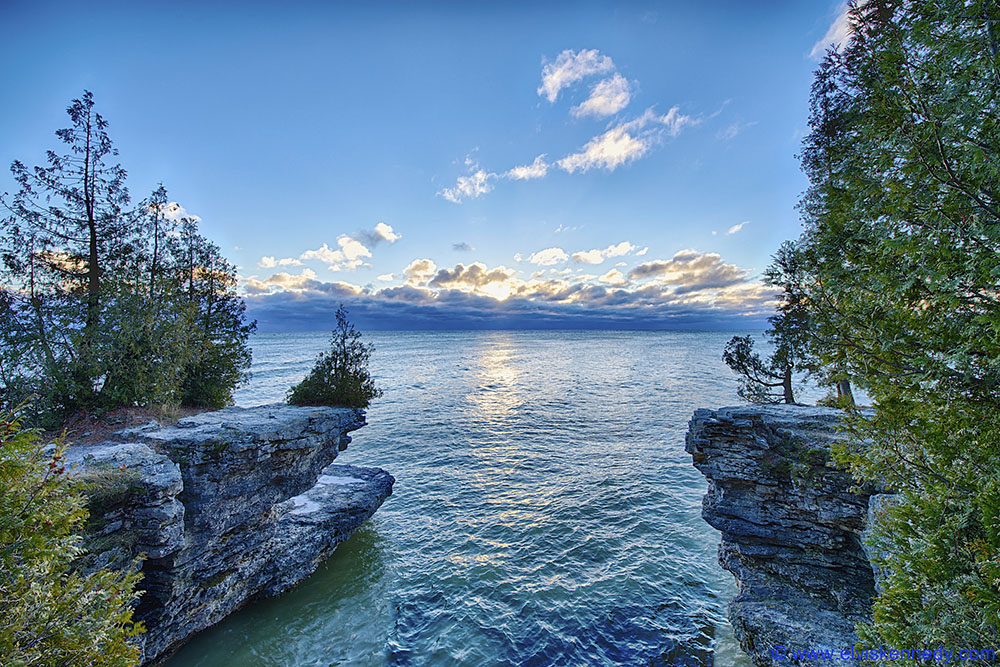In this issue
- We Can't Be Silent
- 2020 Elections
- MI Water, MI Future
- Oakland County Climate Campaigns
- COVID-19 and Environmental Injustice
- Line 5
- Download the PDF
We Can’t Be Silent
We cannot ensure a safe and healthy environment for all Americans without addressing the racism that causes so much harm and inequity.
Black communities and other communities of color are often burdened with disinvestment, which leads to failing infrastructure. Polluting facilities like power plants, oil and gas operations, and incinerators are often located in or near communities of color. The people who call these communities home often don’t have access to parks, greenspace, or reliable public transportation. And they must often deal with a legacy of expulsive zoning, redlining, and bias, along with indifference from elected officials and policy makers. All of this has a devastating and generational impact on the health of the families in these communities.
This must end. We have to acknowledge and correct the historical harms that have led to clean air and clean water for some and pollution and degraded health for others. Clean Water Action is committed to combating racism and oppression in all forms, both internally and in our society. That isn’t easy. But it’s incumbent upon us to stand as a partner with those fighting for racial justice and work together to build a more just and sustainable world. Read more
2020 Elections
Michigan is Ground Zero

Over the past few years, Clean Water Action has fended off attacks at the local, state and federal levels, from corporate polluters like Enbridge Energy to politicians who put the interests of their big polluter friends above the interests of our environment and Great Lakes. This November, voters have the opportunity to support candidates who will prioritize drinking water, Great Lakes, and climate. Clean Water Action continues to push for science-based policies that protect our water and public health — and encourage candidates and elected officials in Lansing and D.C. to prioritize science and lead with empathy and compassion, our communities.
Though we are all navigating how to live and work in this challenging and uncertain time, Clean Water Action is as dedicated as ever before to ensuring all Michiganders have safe, clean drinking water and healthy communities. One thing the past few years have made clear is the danger of policy-makers and elected officials who put the special interests of corporate polluters ahead of the needs of families and communities. That’s why Clean Water Action is so focused on electing leaders who will join with us to take on the threat of climate change, stop the giveaways to corporate polluters, and more.
In light of COVID-19, Clean Water Action shut down its field canvass operations across the country in mid-March. In past years, this program has engaged with voters face-to-face. Though field canvassing isn’t an option right now, Clean Water Action will still mobilize clean water voters for both the August and November elections. Staff are ramping up new and innovative digital tools to ensure voter contact programs move forward and help elect clean water candidates in November.
In November, the Michigan State House is up for grabs. Clean Water Action is focused on holding elected officials accountable for their lack of action on PFAS, climate change, rampant air pollution and widespread drinking water contamination. You can play a big role in helping to win for water and health at the ballot box this year. If you’re interested in joining volunteer teams, making phone calls, sending text messages, or attending virtual town halls, please visit cleanwater.org/mi to find out more about ways to get involved in civic engagement and elections work this year.
Michiganders value water. Michiganders value our kids and our communities. It’s time that folks in Lansing and DC represent our values. This year, let’s vote for the environment by electing people who care about our future and our Great Lakes.
To see a list of the candidates we have endorsed so far this year, please visit this page.
MI Water, MI Future
As Clean Water Action transitioned into remote work in the interest of public health, staff were met with the challenge of continuing to build people power while physically separated. With all in-person events canceled for the foreseeable future, the organization launched the MI Water, MI Future virtual town hall series. Consisting of 6 town halls over 3 months, each event features special guest panelists and focuses on pressing issues regarding protecting Michigan’s water resources and how you can take action.
Visit this page to watch recordings of what you missed and get info on the three remaining events in the series!
#MIWaterMIFuture
▶ Climate Change is Water Change June 25th, 2020
Congresswoman Rashida Tlaib, Michigan’s 13th Congressional District
▶ Water Infrastructure: Creating Jobs for a Blue Economy July 16th, 2020
Oakland County Climate Campaign Pressures Local Government to Act

In 2018, the Intergovernmental Panel on Climate Change (IPCC) released a climate change report that said the time to act on climate is now. If the world doesn’t act, particularly in the west, humanity will face irreversible and disastrous consequences. The science is clear: climate change is happening, and we can’t delay action.
As the Michigan legislature has continued to drag its feet on strong policies that promote climate solutions like renewable energy, Oakland County has the potential to be a trailblazer in Michigan. As the wealthiest county in the state, Oakland has the resources to lead the way on climate action; as of the 2018 election, it also has a more receptive Board of Commissioners. The next step is to build the political will among residents in Oakland County to push the Commissioners to take action. This is why Clean Water Action has partnered with Sierra Club, the League of Conservation Voters (LCV), the National Association for the Advancement of Colored People (NAACP), Sunrise, and others to launch the Oakland County Climate Campaign (OCCC).
In December 2019, OCCC emerged as a response to the growing threat of climate change and the need for local governments to do something. The coalition spoke with stakeholders across the county in order to develop our 2020 Climate, Jobs, and Justice platform, which includes five pillars: climate change, energy justice, transportation, clean water, and democracy. Each of these pillars is an integral part of the fight for climate justice, and the transition to a clean energy economy must benefit everyone. The platform will bring together the work of many movements under a common vision and make Oakland County a model for environmental leadership in Michigan and the United States.
On February 27th, OCCC launched its platform to more than 100 Oakland County residents, including the Water Resource Commissioner and Board Chairman. Despite the unique and ever-changing circumstances of the COVID-19 pandemic, Clean Water Action and partners have been working with amazing volunteers and activists to continue building momentum. From webinar trainings and presentations to virtual meetings with County Commissioners to online signatures in support of the platform, the campaign has not slowed down.
The pandemic has laid bare the inequities, injustices, and vulnerabilities in the country. Higher infection rates have been documented in communities with higher exposure to climate-causing pollution, utility and water shutoffs that make following public health guidelines impossible, and the failure of our federal government to listen to the science. This crisis puts in perspective just how vital it is to listen to experts like the IPCC. Join in the campaign to turn Oakland County green by signing in support of the platform here.
The COVID-19 Pandemic Has Laid Bare the Truth of Environmental Injustice
There is a crime here that goes beyond denunciation. There is a sorrow here that weeping cannot symbolize. There is a failure here that topples all our success. The fertile earth, the straight tree rows, the sturdy trunks, and the ripe fruit. And children dying of pellagra must die because a profit cannot be taken from an orange. — John Steinbeck

Pandemics historically have a way of forcing us to face the greatest disparities in our economic and social systems. The black death in medieval Europe for example, led to major reforms in feudal systems and the subsequent abolition of serfdom in several European countries and Italian city-states. The Spanish flu pandemic of 1918-19 was the beginning of modern epidemiology and led to the establishment of government-funded healthcare systems and the beginning of international coordination on public health issues.
Today’s COVID-19 pandemic is no different. Just like pandemics of the past, it is people with the least access in our society and those who have faced systemic injustice who suffer the worst. This is a disease that attacks the respiratory system, so those who suffer from chronic asthma and other environmentally caused respiratory conditions are more at risk. The first step in prevention is being able to wash your hands thoroughly and often, so those without access to running water in their homes are more at risk. Those who have the luxury of being able to work from home are doing so, and frontline workers, many of whom are not even paid a living wage, are more at risk.
These reasons contribute to the fact that we have seen much higher rates of both infections and deaths in low-income communities, communities of color, and communities that face large amounts of air and water contamination. As of May 3rd, there are over 9,300 confirmed cases of COVID-19 in Detroit and over 1,000 deaths. Detroit is home to the 48217 zip code, one of the most polluted zip codes in the United States. It is also a city in which an estimated 9,500 residential households had no access to running water when this pandemic began simply because they could not afford to pay sky-high water bills. Although Governor Whitmer has signed an executive order mandating restoration of residential water service for all Michiganders, many in Detroit, Flint, and other communities across the state are still waiting for the water to be turned back on.
We will likely never know how many of the 1,000 plus dead in Detroit and the thousands of others across our state would never have contracted this virus to begin with if they had been able to wash their hands and stay home. Or perhaps wouldn’t have been so severely ill and could have recovered if they weren’t also dealing with a lifetime of exposure to toxic fumes from AK Steel or Marathon Refinery, or any of the other major polluting facilities across our state.
This is not a lesson we can afford to forget. A day will come when we can all safely gather again, but we are never going back to normal. History repeats itself if we don’t learn from it, and among the lessons of this pandemic are the simple facts that access to water and safe, healthy environments are not privileges for the few, but are necessary for all people. Residential water shutoffs are an injustice that must end now. The heavy and persistent polluting by industrial facilities of majority black and brown neighborhoods cannot be allowed to continue.
In several other countries, national governments are hard at work ensuring that their citizens are cared for while minimizing exposure to this virus. In Canada, the federal government is paying all adults $2,000 per month to ensure that they can stay home and help flatten the curve. In the UK, the government is paying 80% of salaries and has abolished rent payments and mortgages for the duration of the crisis. Here, in the wealthiest country in the history of the world, we can’t even assure that all of our residents have access to running water for washing their hands.
Enbridge Continues Line 5 Permit Push Despite Pandemic

In April, Enbridge Energy filed permit requests with Michigan Department of Environment, Great Lakes, and Energy (EGLE), Michigan Public Service Commission (MPSC), and the US Army Corps of Engineers (USACE) for building an oil tunnel through the Straits of Mackinac. Their permit request came in at the height of the COVID-19 pandemic in Michigan, when the ability of the public to engage in the permit process and provide comment is severely limited. Despite requests from Clean Water Action, other environmental organizations, business leaders, and tribal governments that the permit process be paused until the pandemic is over, EGLE has statutory deadlines that they must meet in the permit process and Enbridge has refused to agree to delay the process.
This is an especially difficult time for Michigan’s tribal governments who have had to close casinos and other businesses, yet as of mid-May Michigan’s tribes have still not received any of the $8 billion in federal aid that was allocated for tribes in coronavirus response packages. Despite EGLE and MPSC’s best efforts to hold public hearings online, these hearings are inaccessible for those who do not have access to high speed internet, which comprises a significant population of the population, especially in northern Michigan, where residents would be hit first and hardest by a Line 5 spill, and impacted most by the building of an oil tunnel.
So far, MPSC has held a public comment period on Enbridge’s request for a declaratory ruling that they would not need additional MPSC approval to build an oil tunnel. Clean Water Action and our allies generated over 1,500 public comments in two weeks opposing Enbridge’s request. Also, EGLE has responded to Enbridge’s permit request by asking for more information and a detailed analysis of alternatives to the proposed oil tunnel. The permitting process will likely carry on for many months, and we will continue to fight to ensure that Enbridge shuts down Line 5 and cannot build an oil tunnel through the Great Lakes.
